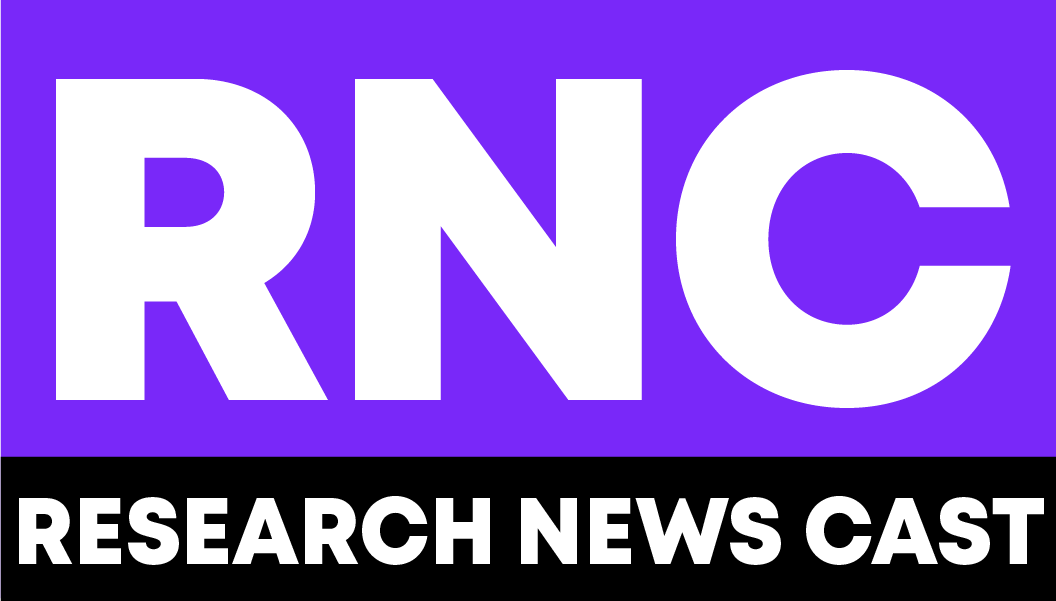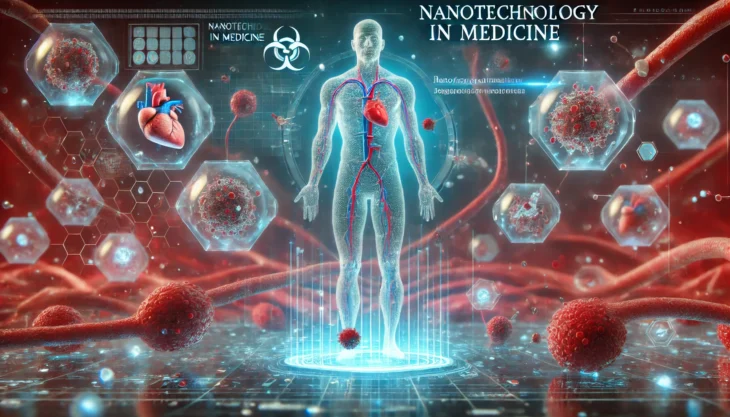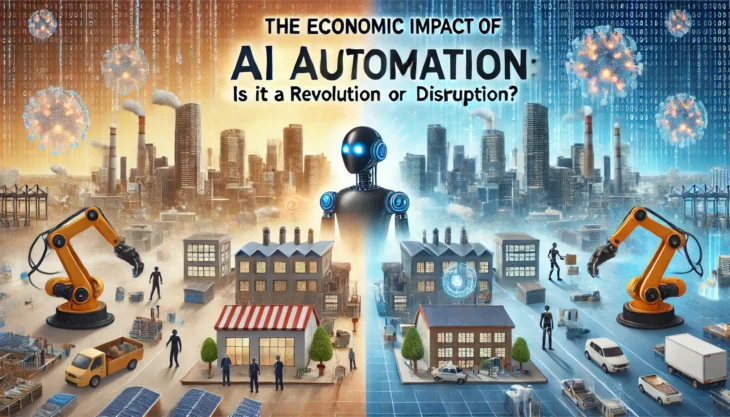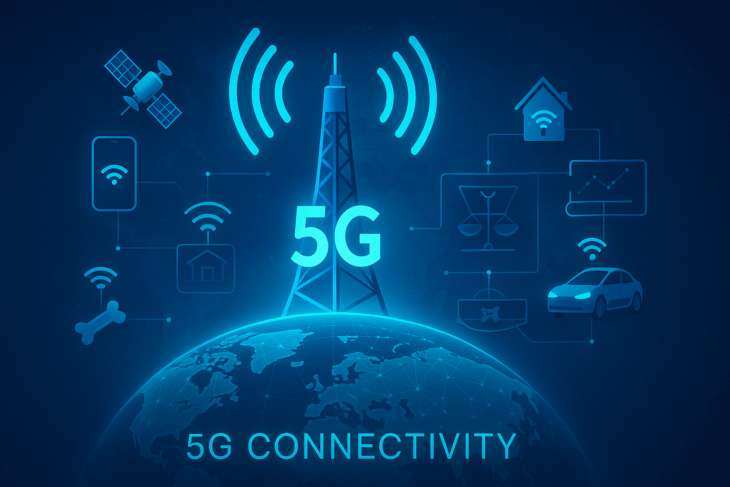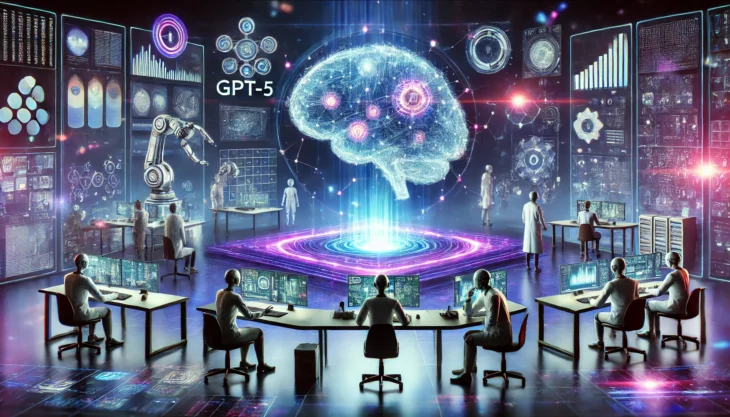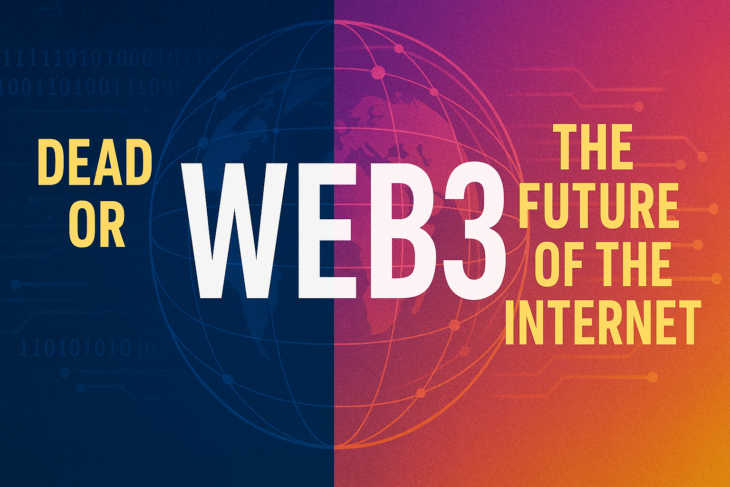The computing world is on the verge of a seismic shift. You see, classical computing has touched our lives like nothing before. It has empowered everything from smartphones to supercomputers for decades now. But, there’s a new technology on the horizon that looks to challenge our good old classical computers. And that technology is quantum computing. It is emerging with the potential to redefine what computers can achieve. So, quantum computing vs classical computing, how do the two fare against each other? Let’s explore.
What Is Classical Computing?
Classical computing refers to our traditional computers. From the simplest calculators to the most powerful supercomputers. All operating using bits. And what is a bit? A bit is the basic unit of information. It can be either a 0 or a 1.
Everything a classical computer does is ultimately based on manipulating these binary digits through a series of logical operations.
Classical computers excel at tasks that can be broken down into clear, logical steps. They’re incredibly efficient at performing calculations, storing vast amounts of data, and running sophisticated algorithms. However, when it comes to solving problems that involve enormous amounts of data or complex systems, classical computing begins to hit a wall.
What Is Quantum Computing?
Quantum computing, on the other hand, operates on an entirely different principle. It draws its power from the bizarre, yet fascinating concept of quantum mechanics. Like classical computers use bits, quantum computers use quantum bits, or qubits. The fundamental difference? Qubits can exist in a state of superposition. Meaning they can represent both 0 and 1 simultaneously.
This ability to be in multiple states at once allows quantum computers to process vast amounts of information in parallel. This creates computing power that classical computers simply cannot match.
That said, there’s more to quantum computing than just superposition. Another critical concept involved is quantum entanglement. It is a phenomenon where particles become so deeply connected that the state of one instantly influences the state of another, even if they are miles apart. And that further adds to the prowess of quantum computing.
Quantum Computing vs Classical Computing, What Are the Key Differences?
So, here’s a precise and comprehensive lowdown on the characteristics of quantum computing vs classical computing.
- Computing Power: Classical computers process information linearly. While quantum computers can process multiple possibilities simultaneously. This parallel processing ability gives quantum computers a significant advantage in solving complex problems. Especially those related to cryptography, simulations, and optimization.
- Information Representation: Classical computers use bits (0 or 1), whereas quantum computers use qubits, which can exist in multiple states at once due to superposition. This difference enables quantum computers to explore a vast range of potential solutions simultaneously, rather than sequentially.
- Error Handling: Classical computers have well-established methods for error detection and correction. Quantum computers, however, are highly sensitive to external interference and errors, requiring sophisticated error-correction techniques to maintain coherence and reliability.
- Scalability: While classical computers face limitations in terms of processing power and memory as tasks grow more complex, quantum computers, if scaled effectively, could surpass classical systems by an unimaginable margin. However, building large-scale quantum computers remains a significant challenge.
- Hardware Requirements: Classical computers rely on silicon-based processors and standard cooling systems. Quantum computers, on the other hand, require specialized environments, often involving extremely low temperatures and isolated conditions to maintain qubit stability.
- Data Processing Speed: Quantum computers can perform complex calculations exponentially faster than classical computers. For instance, tasks that would take classical computers thousands of years could be solved in seconds by a quantum machine.
- Memory Usage: Classical computers require significant memory for large datasets, while quantum computers can store and manipulate vast amounts of data with fewer qubits due to superposition.
- Algorithm Efficiency: Some algorithms, such as Shor’s algorithm for factoring large numbers, are highly efficient on quantum computers but impractical on classical systems. This gives quantum computers a unique edge in areas like cryptography.
- Energy Consumption: Classical supercomputers consume vast amounts of energy to maintain their processing power. In contrast, quantum computers, although requiring extremely cold environments, can potentially perform tasks more efficiently with less energy.
- Problem-Solving Capability: Quantum computers are particularly suited for optimization problems, complex simulations, and cryptographic analysis, while classical computers handle routine data processing and computational tasks more efficiently.
Conclusion
The race between quantum and classical computing is not about one overtaking the other but rather about how they can work together to solve the world’s most complex challenges. As quantum computing continues to evolve, understanding its unique capabilities and limitations will be crucial for its successful integration into our technological landscape.
One thing, however, is clear. The future of computing is bound to be more powerful, innovative, and transformative than we can imagine.
